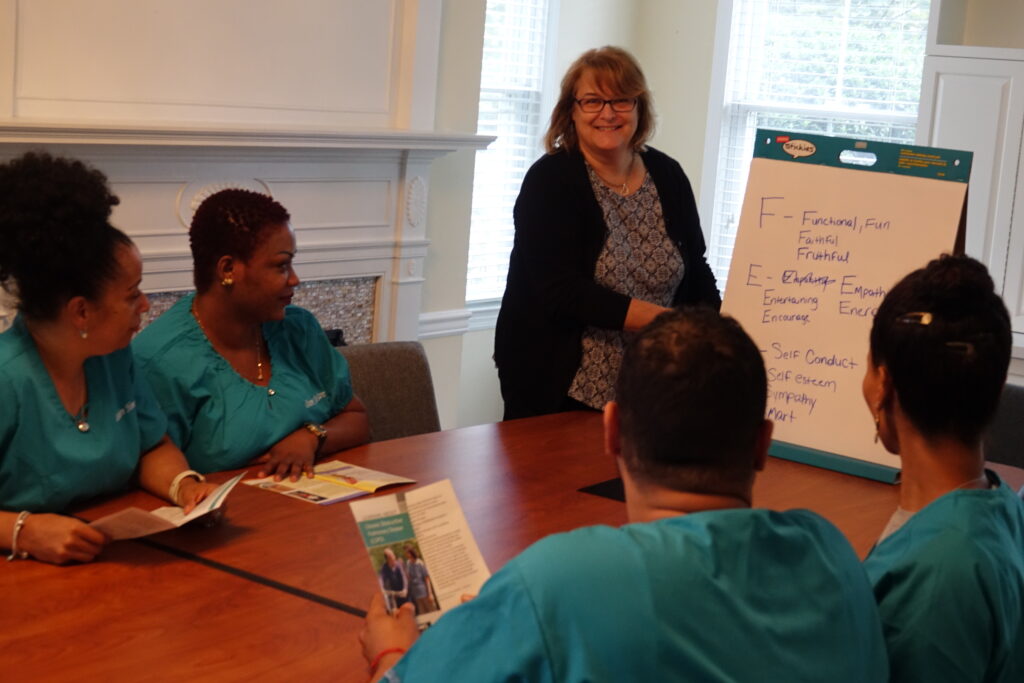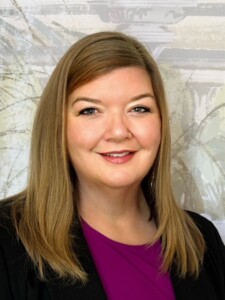Nine Home Care Questions & The Osborn Difference

Special promotional content provided by Osborn Home Care
By Michele Thomas, CSA
Executive Vice President, Osborn Home Care

The need for home care can be urgent or planned, 24/7 or occasional, and can require general assistance or a deep specialization. Most of all, it requires flexibility to meet the needs of the individual and his or her family.
Whether it is a desire to continue to live at home independently, to recover post-op at home, or due to memory loss or another type of cognitive decline, ask these nine questions to any home care service provider.
What is the array of services?
Many individuals may need a spectrum of services over time and choosing an agency that can meet all your needs is key. Inquire about options ranging from remote monitoring to a few hours a day or week to continuous care.
What training is required?
Is your home care professional well-trained in areas such as mobility issues (fall avoidance and safe lifting), clinical competencies about the use of oxygen, colostomy appliances, Foley catheter, diabetic care, etc.) Are they able to provide medication reminders and other needed services?
What about general operations in the home such as using the coffeemaker and other appliances, making meals, and providing light housework? Some clients need transportation to medical visits, procedures, and other important appointments. You want to feel confident that those providing care for you or your loved ones are both skilled and compassionate.
What about special situations?
Are there specially-trained individuals to handle compassionate and reliable care for those with Alzheimer’s disease and other forms of dementia? Choose an agency that offers specialized training for their employees so they can meet future needs should you require expanded services.
What about calendar and home management?
Beyond keeping an individual safe and comfortable at home, can the service help manage the person’s calendar and home? This might include meal preparation, grocery shopping, and errands; escorts to medical appointments; light housekeeping; companionship and transportation to other obligations.
What is the ongoing supervision and care management plan?
Every situation is different and dynamic and needs change. Are home care professionals supervised by registered nurses to see if changes are needed to a care plan? Are those same nurses writing the initial care plan and then updating that plan as necessary?
Will my family member be safe?
Make sure to ask if the home care agency screens its staff for criminal background history, drug screening, and pre-employment medical requirements? Is the staff vaccinated for COVID-19? All these are important things to know when choosing an agency.
Is there a demonstrated history of service and expertise?
Does the agency have a history in your area? Does it have the staff and resources to expand or contract services and provide specialized care as needed? The time to ask is when you begin care, not afterward.
Is there a transparent fee structure?
Is a full assessment that includes physical, emotional, and social aspects completed as part of a no obligation, no cost proposal? And is coverage sized so it is affordable and takes advantage of available insurance? Are services always provided without a long contract or on-going obligation?
Is there trust?
This is about caring for family. After hearing the track record, the assessment, and the recommendation, have you found a trustworthy partner to care for your loved one?
Remember the time to ask your questions of a home care agency is when you are looking to hire one. Take notes, get names and contact information of those you speak to, and ask for references. A little legwork up front will help you find the right one for your family.
Learn more at Osborn Home Care.
Michele Thomas, CSA, is the executive vice president of Osborn Home Care. She has worked for The Osborn since 2015 and has spent over twenty years providing home care services. She is also a Certified Dementia Case Manager.






